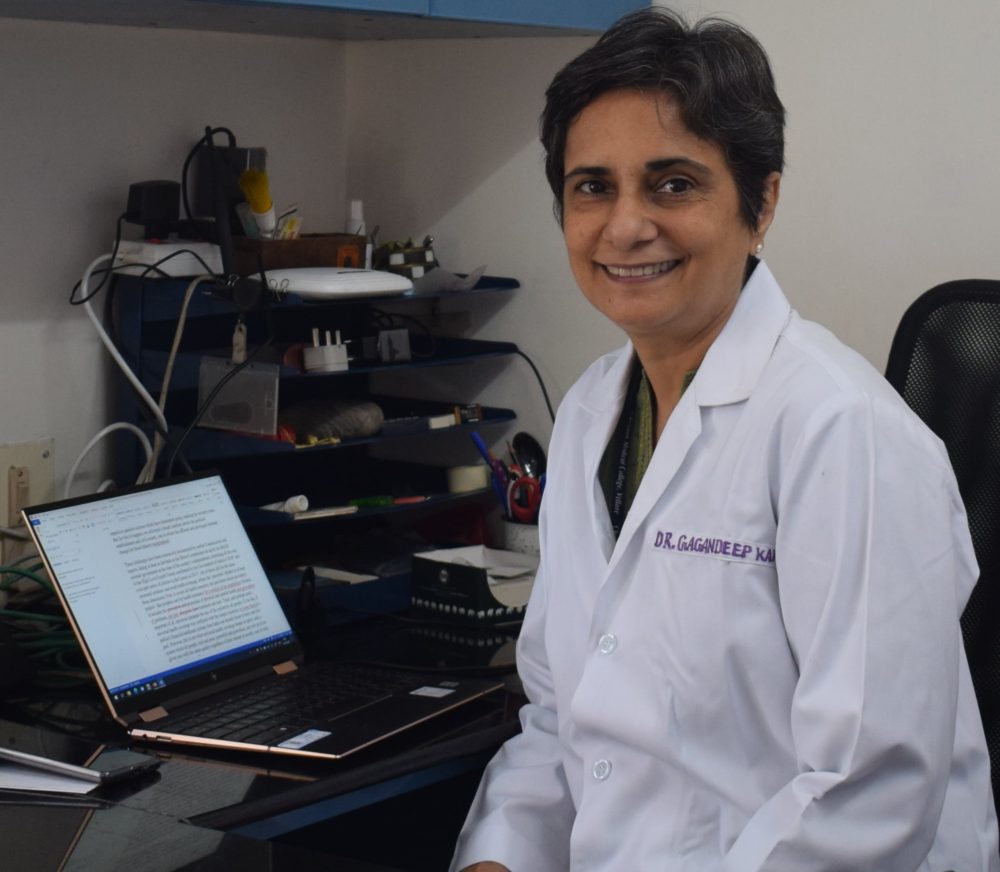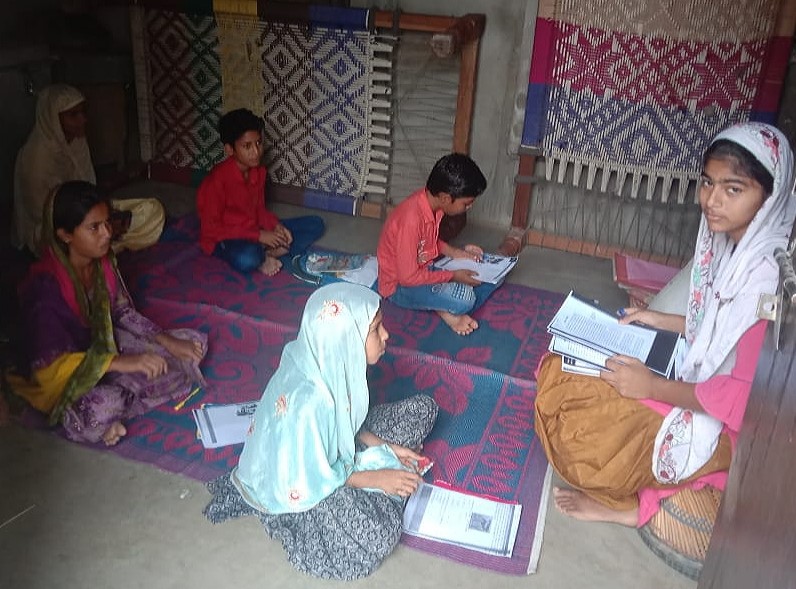By Neena Bhandari
Sydney, 02.10.2020 (SciDev.Net): As the second wave of COVID-19 infections sweep many countries, governments are facing the challenge of when and how to ease restrictions and lockdowns while balancing health with socio-economic consequences.
A health policy paper published in The Lancet medical journal on 24 September recommends that governments consider five key factors — knowledge of infection levels, community engagement, public health capacity, health system capacity, and border control measures — while lifting restrictions.
The World Health Organisation (WHO) has warned that a premature lifting of lockdowns could spark a resurgence of infections and cause worse damage to the economy than caused by lockdowns.
Continue Reading on SciDev.Net
© Copyright Neena Bhandari. All rights reserved. Republication, copying or using information from neenabhandari.com content is expressly prohibited without the permission of the writer and the media outlet syndicating or publishing the article.


